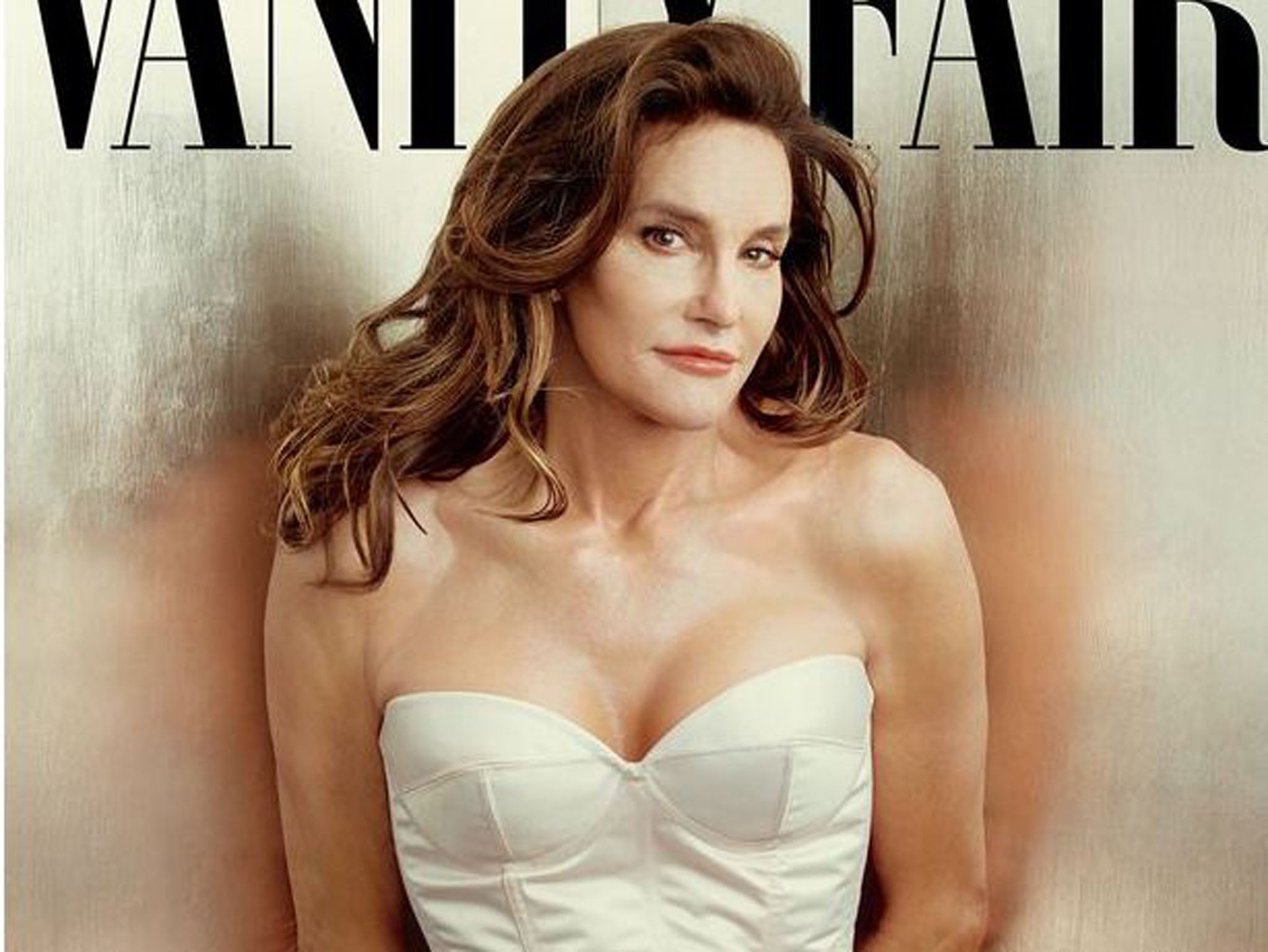Caitlyn Jenner: Why do people think it's OK to ask deeply personal questions when you're transgender?
For the fantastic gains that transgender people have made in human rights and social acceptance, we still have a very long way to go

Transgender people in the pubic eye often have tell people about their decision to transition as a pre-emptive move because of public and press interest. But why does this happen?
The obvious answer, perhaps, is that transgender people’s lives pique people’s curiosity. More so if it is seen as newsworthy, something that invites spectacle. This almost always comes at the cost of the trans person’s right to privacy, and indeed their safety. Outing a trans person can open up that person to a number of harms from hate mail (physical and digital) and threatening phone calls, to physical threats and even violence. And, of course, this can coincide with losing friends, family, and employment. All of these are real, widespread possibilities, even in jurisdictions that have legal protections for trans people.
Discrimination
For the fantastic gains that transgender people have made in human rights and social acceptance, particularly in the last few years, we still have a very long way to go. Employment and housing discrimination is still widespread. In many American states, discriminating against someone for being transgender is still fully legal. However, outing someone who’s trans is considered harassment in many jurisdictions where discrimination based on gender identity and expression is prohibited, such as in Canada (particularly Ontario).
In a video interview last year, Kellie Maloney revealed that she felt a sense of relief about being out and, in an important sense, finally free to pursue her transition. I can relate to that experience. When you’re out, there isn’t the worry that you’ll be outed and the accompanying sense of panic that can produce (along with the many attendant potential harms).
Referring to transgender people’s past
One important issue is how to refer to a trans person’s past after a transition. I’m asked this question frequently. The short answer is that it depends on the preferences of the person in question: how do they want people to refer to their past? For some, they’re fine with people using their previous pronouns and even name (if they’ve changed their name as part of their transition). But many prefer their past to be referred to with their current name and pronouns.
In general, the safest rule-of-thumb is to assume that the person wants their past referred to only with their current name and pronouns. Mistakenly referring to someone’s past using previous names or pronouns can be deeply hurtful, because it implicitly invalidates their identity. People who haven’t had to battle this often have a difficult time appreciating just how hurtful it can be.
Transgender people aren’t open books
Another frequent question I get involves what one can ask a trans person. For example, it’s common for people’s curiosity to get the best of them, and they’ll ask deeply personal questions. Perhaps the most common inappropriate question is whether a trans person will get or has had “the” surgery. I’ve written before about the barriers that trans people often face in seeking important healthcare. What’s important here is that not all trans people seek the same forms of treatment and that what treatment they do seek is deeply private information that should be left between them and their medical team and perhaps their closest family and friends.
I’m often amazed that, for example, otherwise polite people, who would nearly never walk up to an acquaintance or complete stranger and ask if they’ve had an abortion (or some other similarly private, personal medical information), will blithely ask a trans person whether they’re planning to have genital surgery. Curiosity isn’t a justification for this. If a trans person wants to initiate and to open up that conversation with you, then fine, but don’t think that it’s okay to ask these sorts of personal, private questions – it isn’t.
Since the visibility of trans people is a relatively new phenomenon, it’s understandable that people are intrigued by trans people’s experiences. People are often confronting a trans person for the first time (that they know about at least – they may well have already encountered a trans person and had no idea). People are curious. But unfortunately, this often translates into a trans person being seen as a living library on all things transgender. Trans people often face a barrage of questions: When did you know? Will you change your hair? Do you want me to take you shopping? How did your family react? How did your colleagues respond? Do you still like men/women? What’s involved with a transition?
These are all reasonable questions, in the right context. But those contexts usually involve more intimate conversations between friends and where the trans person has made it clear that they’re open to talk about such things. These questions are generally completely inappropriate between acquaintances and especially strangers.
Think to yourself whether you’d feel comfortable being asked parallel questions about your own life. I suspect that most of us would rather not face such questions, often day-in and day-out, as trans people do.
Dr. Rachel McKinnon is an Assistant Professor of Philosophy at the College of CharlestonThis article was originally published on August 21 2014. It has since been republished.
This article was originally published on The Conversation. Read the original article.
Join our commenting forum
Join thought-provoking conversations, follow other Independent readers and see their replies
Comments